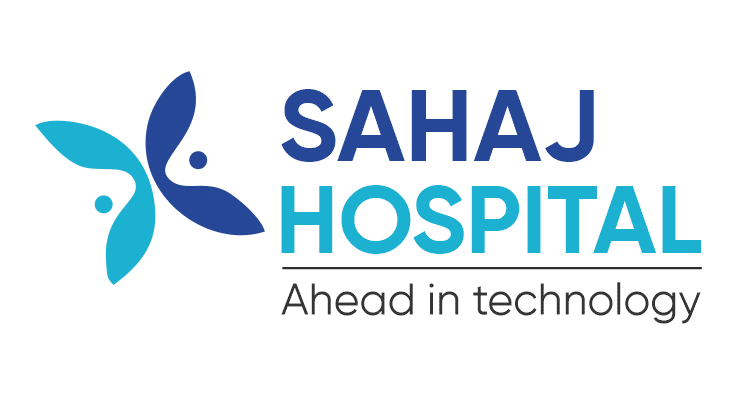Septoplasty
What Is Septoplasty?
Septoplasty is a surgical procedure performed to correct a deviated nasal septum—the bone and cartilage that divide the two nostrils. The procedure is often recommended to alleviate nasal blockage, improve airflow, and address related complications.
When Is Septoplasty Recommended?
Septoplasty may be necessary if you experience:
- Persistent nasal blockage and difficulty breathing.
- A feeling of obstruction in the nasal passages.
- Uncontrollable nosebleeds.
Non-Surgical Alternatives
Not all cases of nasal blockage require surgery. Alternatives include:
- Medications: For congestion or allergies, such as antihistamines, decongestants, or nasal sprays.
- Lifestyle Adjustments: Managing allergens or environmental irritants.
If conservative treatments fail to provide relief, surgery may be recommended.
Our Specialties

What Happens Before Septoplasty?
Your doctor will perform a thorough physical examination and discuss your medical history, including:
- Ongoing medications and any existing comorbidities.
- Preoperative tests: ECG and X-rays may be advised.
Preparation Includes:
- Fasting for at least 8 hours before surgery.
- Stopping anticoagulants, as directed by your physician.
- Discussion about anesthesia.
The Septoplasty Procedure
- The surgeon lifts the mucosal lining covering the cartilage and bone in the nasal septum.
- The cartilage and bone are reshaped to straighten the septum.
- The mucosal lining is replaced to its original position.
- For nasal blockages caused by enlarged turbinates, radiofrequency reduction or partial excision may be performed.
After Septoplasty
Recovery and Discharge:
- Postoperative bleeding may require nasal packing, which is removed before discharge.
- Patients are typically discharged on the same day if there are no complications.
- Pain and discomfort are managed with medications.
Home Care Instructions:
- Avoid strenuous activities and follow your doctor’s instructions for optimal recovery.
Common Post-Surgery Complaints:
- Nausea, dizziness, or mild pain.
- Temporary mouth breathing until nasal bleeding subsides.
Potential Risks of Septoplasty
While complications are rare, they may include:
- Bleeding.
- Infection.
- Changes in vital signs or skin color.
- Damage to the nasal septum.
- Rare side effects: Altered taste or smell, pain, or changes in voice.
What to Avoid After Surgery
For a smooth recovery, avoid:
- Nose blowing for a few days.
- Alcohol consumption.
- Smoking (cigarettes, cigars, bidi).
- Crowded places to reduce the risk of infection.
Why Choose Sahaj Hospital for Septoplasty?
At Sahaj Hospital, Indore, our team of expert ENT surgeons ensures a safe and effective surgical experience. Equipped with advanced technology and delivering personalized care, we help patients achieve optimal nasal function with minimal discomfort.
Discover Sahaj Hospital—your trusted destination for septoplasty in Indore. Schedule your consultation today for expert care and effective nasal surgery solutions.

